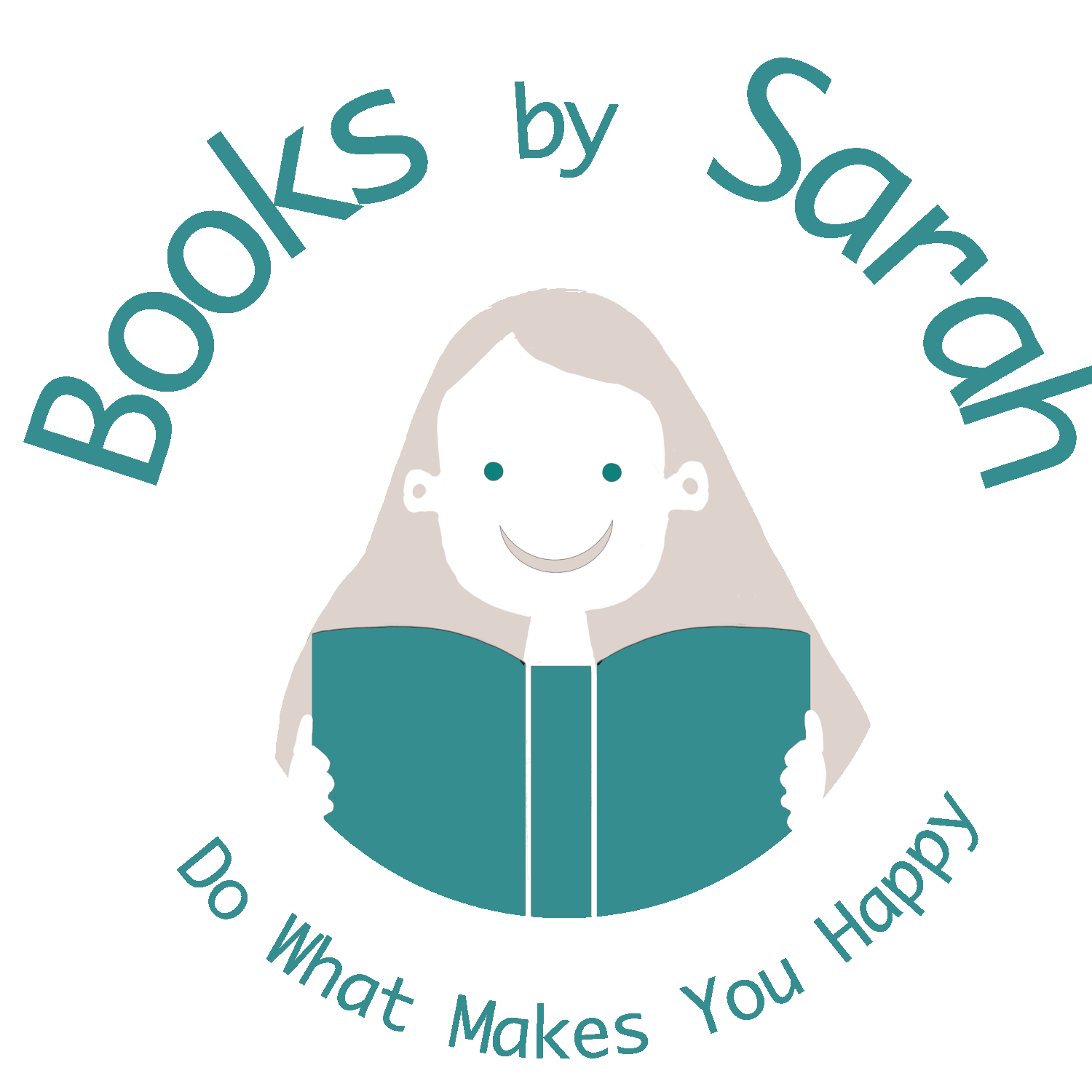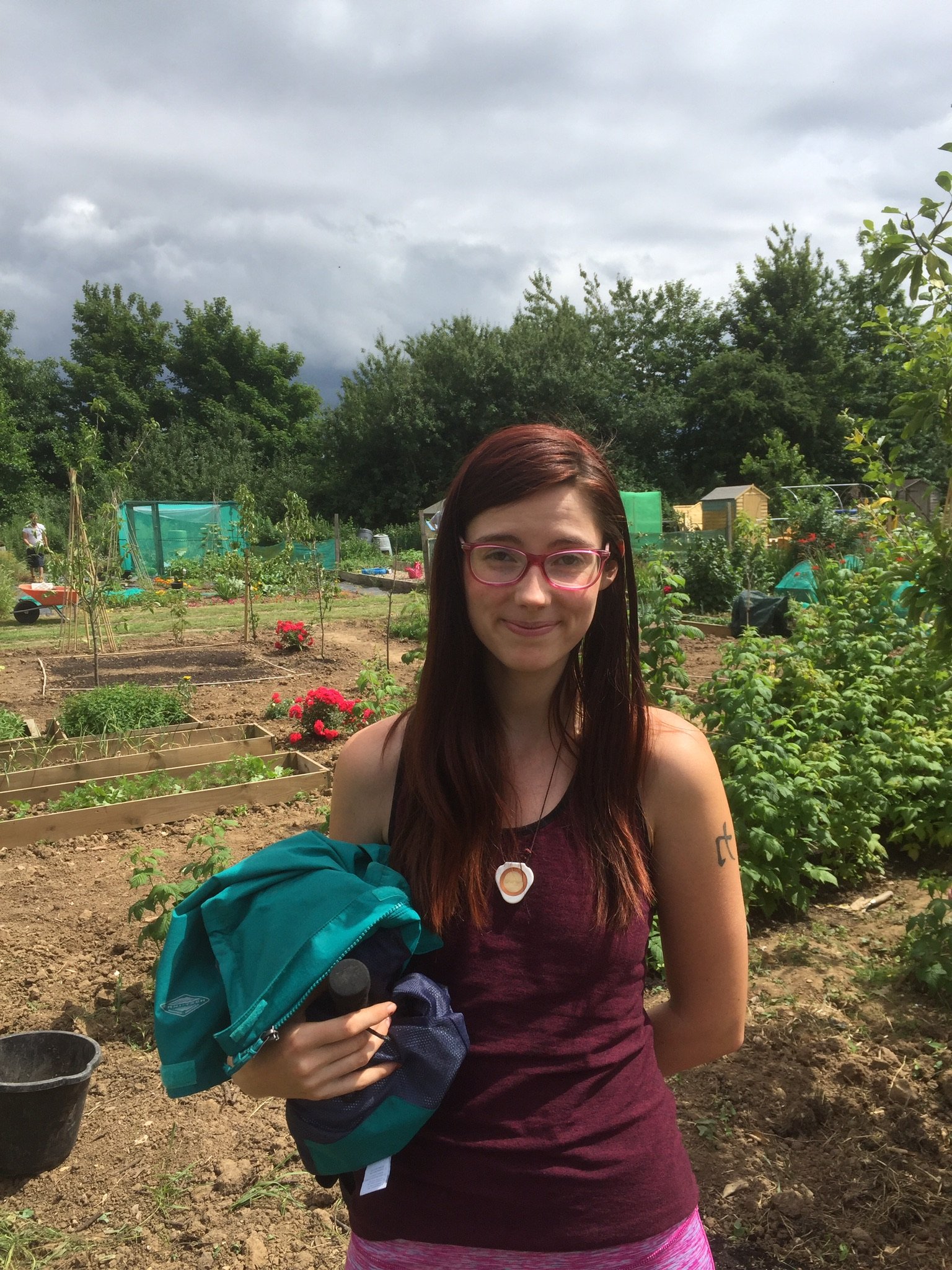Dyspraxia, love, kindness and healing: Why I created 'Anna's Garden'
Anna’s Garden by Sarah Hewitt,
Tiny Tree Children’s Books March 2024
How exciting - a new picturebook and a lovely new publisher! Anna’s Garden is out on the 14th of March and I’m overjoyed, not just because I will see my project come to fruition but because this book means so much more than that.
When I started infant school in 1970 I was a confident, self sufficient little girl. My parents were loving and nurturing and I could already read and write. But my school days were to prove some of the most challenging of my life, and the resulting erosion of my confidence sowed the seeds for other things that wouldn’t go so well in adulthood. Until I was 50, I didn’t know that my problems were as a result of a neurodiverse condition called dyspraxia. It isn’t written or talked about much even now, so in the 1970s and for many years afterwards, all I knew was what I couldn’t do.
It is estimated that dyspraxia (Developmental Co-ordination Disorder or DCD) affects up to 6% of the population, with up to 2% being severely affected. Children with dyspraxia can suffer delayed social development and making friends can be hard, so standing in the playground alone, watching mystified while children ran around together made me dread playtimes. My lack of coordination created anxiety in PE and much laughter from other children - always being picked last for teams made me feel more and more isolated. Gross or fine motor skills (or both) can be affected by the condition. Dyspraxia affects my gross motor skills, so activities such as catching a ball, running or getting onto an escalator have always been difficult and no matter how much I practice, the same challenges remain - my mind and my body often don’t speak the same language.
Although team games and understanding the complexities of play were hard for me, things I could do on my own like swimming were fine because I could learn at my own pace without fear of ridicule. This is why kindness and acceptance is so important for neurodiverse children - building their confidence is key to how successful they will become as adults. As I’ve grown older I have come to understand that being calm and relaxed enables me to cope with these challenges, often empowering me to be a bit braver and 'have a go'.
Thankfully there is a growing awareness of the condition - if you are interested to learn more, the NHS describes some of the challenges that people with dyspraxia can face at different stages in their lives here.
Many of you will have read about my daughter Beth and how traumatic it has been since we lost her in 2019. It doesn’t matter how many years pass since she died, I don’t miss her any less. But as I look back I often reflect on the difficulties she experienced - mainly associated with not being able to be her true self. When she grew up she developed a love of gardening - her allotment was a place she would often take herself off to if she needed to be alone. There she could become lost in something she loved. But she also cherished the times when others came to see what she had done, share in its beauty and the fruits of her hard work - just like Anna in my book.
Beth on her beloved allotment
The combination of my own experiences and seeing so many of these struggles replicated in my daughter’s life made me so keen to create a simple tale of understanding and kindness. I hope Anna's Garden is a story that will support children who sometimes find the world a difficult place. It is also a message to all children to be kind, because we are all different and have so much to learn from each other.
Do What Makes You Happy!
#neurodiversity,#dyspraxia,#autism, #booksbysarah, #picturebook, #childrensbooks,#raisingreaders,#bookcommunity #AnnasGarden, #illustration,#childrensbookillustration,#kindnessmatters
Anna’s Garden can be pre-ordered now and will be published by Tiny Tree Children's Books on March 14th. Pre-order today: https://bit.ly/4aKRIVn
'Anna's Garden' is a charming story of happiness and self-discovery, told from the perspective of a neurodivergent young girl — Anna!
Anna knows what she likes and what she is good at.
Even though catching a ball is not her favourite game and loud noises make her ears hurt, there are lots of other things that Anna can do. Although she likes to spend time on her own, she is also very kind and loves sharing with others.
Anna’s Garden is a classic rhyming picture book with a charming art style, written and illustrated by Sarah Hewitt. With a memorable cast and unique handling of its themes, this story will help young readers embrace their true selves.



